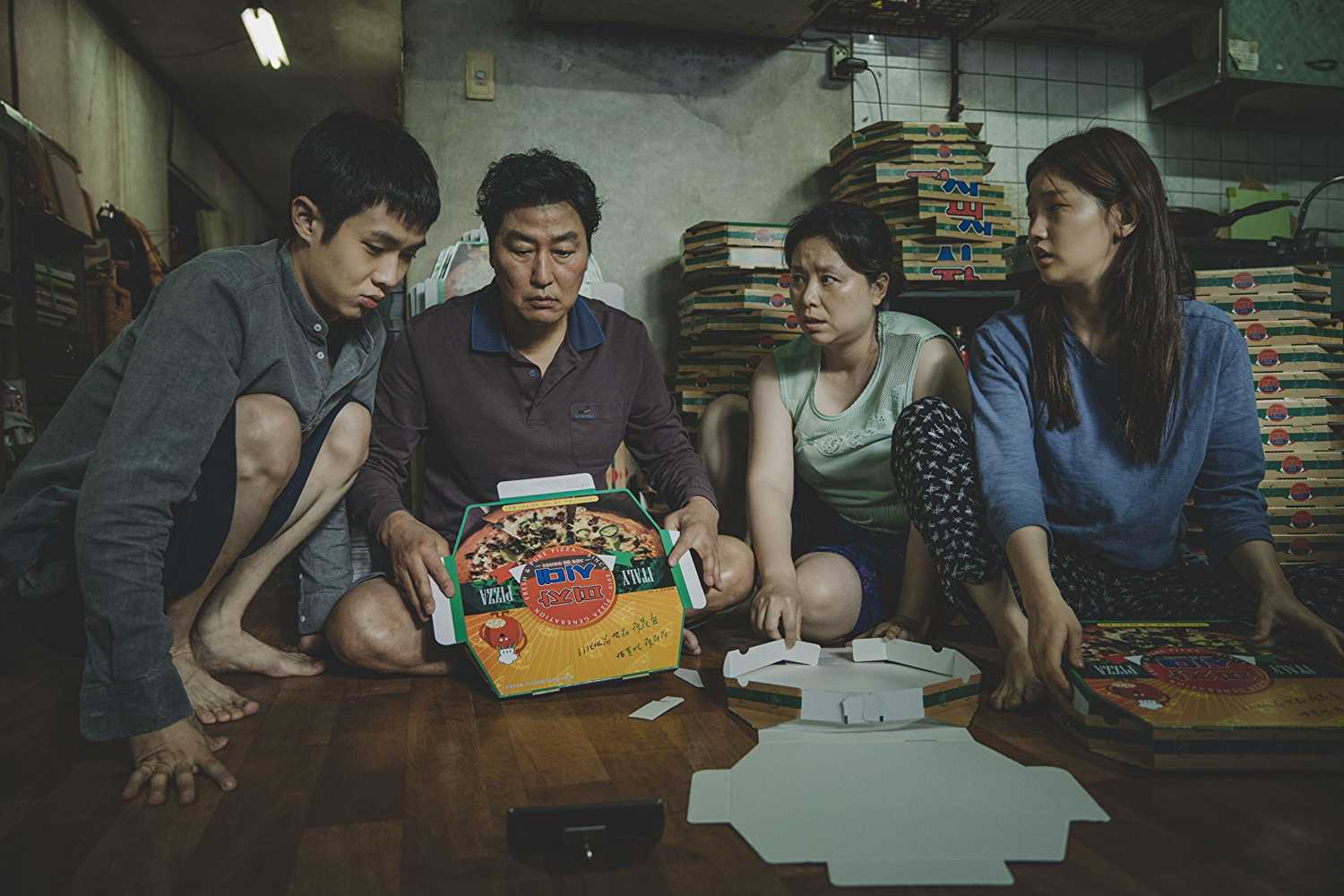
| Company | Value | Change | %Change |
|---|
Rising government expenditure on welfare is a hotly-debated topic in India. Justice Gavai, at the Supreme Court, seems to have taken a stance in this debate, and gone after the “freebies” being given out by governments.
“Sorry to say, but by not making these people part of mainstream society, are we not creating a class of parasites? Because of freebies, when elections are declared… people are not willing to work. They are getting free rations without doing any work,” Justice Gavai said.
Of course, there is some merit in the argument against rising populism. In a bid to win elections, political parties across the country are writing cheques they would probably not be able to honour once in power. Having said that, let’s address the free food programme designed for the country’s poorest, and why it may be an easy target. There will always be wasteful expenditure in government but the introspection must not begin and end at the bottom of the pyramid.
People listening to anyone who questions the unintended negative consequences of welfare schemes may be persuaded to believe that too much money is being spent on feeding the poor. However, the fact is that India has budgeted about ₹2 lakh crore for food subsidy next year. That’s about 0.6% of gross domestic product (GDP). About 813 million people avail 5 kilograms of rice and one kilogram of pulses every month. That’s an average annual cost of ₹2,469 per person.
In comparison, the same Union budget sets aside ₹1 lakh crore for income tax relief for the country’s middle class. India had about 86 million taxpayers who filed returns last year and, by the government’s own estimates, over 90% of them (at least 77 million) earn less than ₹12 lakh a year. So the latest income tax cuts would cost the government, on average, ₹12,987 per person per year.
I believe both sets of people need the relief given by the government; but does that then make both sets of people parasites?
Here’s where watching the Korean movie ‘Parasite’ may help. Kim Ki-Woo is an English tutor in a country where, much like India, knowing the language is considered important for career success and social mobility.
Yet, the Kim family lives in an apartment half under the ground, perfectly capturing their position on the edge of poverty. A mid-sized businessman can evade tax because he’s smart, but the margin for error is much thinner for the poor. This is a thread director Bong Joon-ho weaves skillfully into the movie’s narrative.
If the poor depend on the rich for jobs and wages, the wealthy depend on the poor for their labour. Then why does an erring banker deserve a bailout any more than a farmer betrayed by the weather or a geopolitical event beyond his control?
Back home, Prime Minister Modi asked the same question, rather bluntly, in 2016. Why is it that any dole for the industry is called an ‘incentive’, but when the same is given to a farmer, it’s disparagingly called a ‘subsidy’?
In a world of rising and unchecked inequity, one can make a case for welfare not just for the farmers and blue-collar workers like drivers, domestic help, and civic workers, but for accountants, engineers, clerks, and even tutors (as in the movie Parasite).
That’s how rising inequality works; like quicksand. People who’d have called themselves middle class a decade and a half ago won’t do so anymore, at least not with the same conviction. Those in the bracket today are more vulnerable to deterioration in prospects and living conditions without the information, support, and choices that those better off can afford.
A programme like the Pradhan Mantri Gareeb Kalyan Anna Yojana doesn’t just save people from starvation, it improves lives too. The government footing the bill for food grains allowed many (not all) to spend the money saved on adding some more protein to their diet. A healthier workforce is, after all, more likely to be more productive.
Maybe there is a reason a programme like the free food scheme irritates the middle class. I posit that a starving worker is more likely to offer his/her services at a much lower price than a well-fed person who is not desperate and can demand fairer pay and better conditions. So it may not be that a poor person who gets free food doesn’t want to work, but that s/he doesn’t want to work for the money on offer.
In the expanding economic universe of our times, wealth is gravitating towards a few, leaving the others to fight over crumbs.
Read more: The search for meaning in the era of social madness
